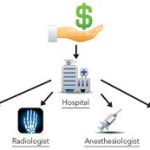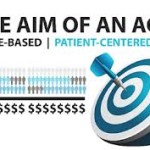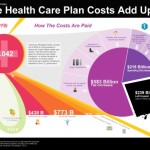
Bundled Payments | Rewarding Quality and Value
Summary: The healthcare industry is transforming from fee-for-service to value-based payment systems. One of the fairly new forms of reimbursement to hit the streets is bundled payments.
Overview of Bundled Payments
The Medicare reimbursement system is in the process of transforming healthcare as we know it from a traditional fee-for-service model to a system that rewards based on quality, care coordination, accountability, and healthcare cost savings.









